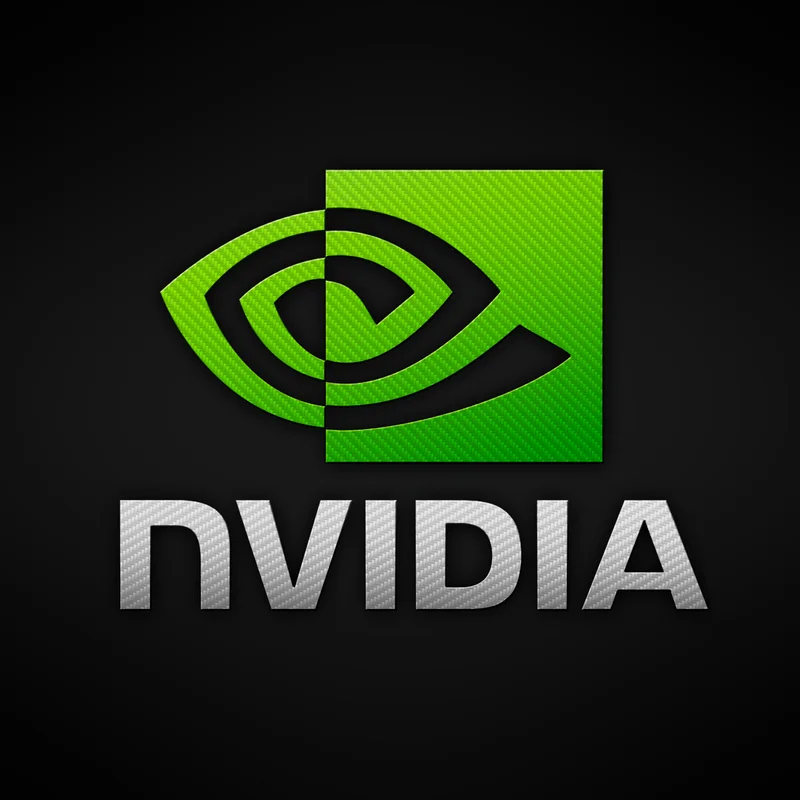Nvidia's riding high on the AI wave, hitting a $5 trillion market cap last month. But behind the headlines, internal emails paint a slightly less rosy picture. It seems Nvidia's trying to push its software offerings – Nvidia AI Enterprise (NVAIE) and others – but running into some turbulence with clients, particularly in regulated industries.
The core issue? A "fundamental disconnect" between Nvidia and its clients' legal and procurement teams. We're talking about data security, indemnity obligations, and those always-fun damage caps. One email bluntly states the need to educate clients on "what our AI Enterprise software is/isn't." Another points to everyone "hacking their own decks together" – hardly a picture of a unified sales strategy. This isn't just about tech specs; it's about trust, liability, and the kind of ironclad guarantees that enterprise clients, especially those in finance and healthcare, demand.
Now, Nvidia doesn't break out software revenue specifically, but those internal forecasts are telling. Stand-alone software is projected to hit 110% of sales targets, while software bundled with hardware is lagging at 39%. Overall, software sales are forecast at $78.7 million for the quarter, driven by NVAIE, expected to hit 186% of its target. So, software is expected to make up approximately 1.5% of the total revenue projected for the quarter.
This discrepancy raises a few questions. Why the gap between stand-alone and bundled software? Is it a pricing issue? A lack of perceived value when tied to hardware? Or simply that clients are more willing to experiment with software when they aren't also making a major hardware investment? And what happens when the initial excitement around NVAIE wears off?

Here’s what I find interesting (and slightly concerning): the emails highlight the need for "additional education" internally and externally. This suggests that even Nvidia's own sales force isn't fully equipped to sell the software story effectively. If your own team doesn't get it, how can you expect clients to buy it? It’s like trying to sell a complex financial instrument without understanding the underlying risk models. The result is confusion, mistrust, and ultimately, stalled deals.
Procurement and legal teams are always going to be the "pain point" in enterprise software sales. They're paid to be skeptical, to poke holes in contracts, and to protect their companies from risk. If Nvidia's sales strategy hinges on bypassing these gatekeepers, they're in for a rude awakening. (I've looked at hundreds of these filings, and that is a very common sticking point.)
Nvidia isn't alone in facing AI adoption challenges. Goldman Sachs noted that some companies view the technology as too early to deploy widely. But for a company whose valuation is so heavily tied to the AI boom, these internal struggles are worth paying attention to. Nvidia is not just selling chips; it's selling a vision of an AI-powered future. If that vision is built on shaky software foundations, the entire edifice could be at risk.
The issue boils down to this: Nvidia's hardware is undeniably impressive, but its software strategy feels like an afterthought. It's like building a high-performance race car and then fitting it with cheap tires. Sure, it can go fast, but it won't handle well, and it's likely to crash.
Nvidia's software ambitions are facing a cold dose of reality. The hype is real, the hardware is top-notch, but the software sales process is facing friction. The internal emails lay bare a disconnect between Nvidia's vision and the practical concerns of enterprise clients. The question is whether Nvidia can bridge that gap before its software aspirations become a rounding error in its overall success story.